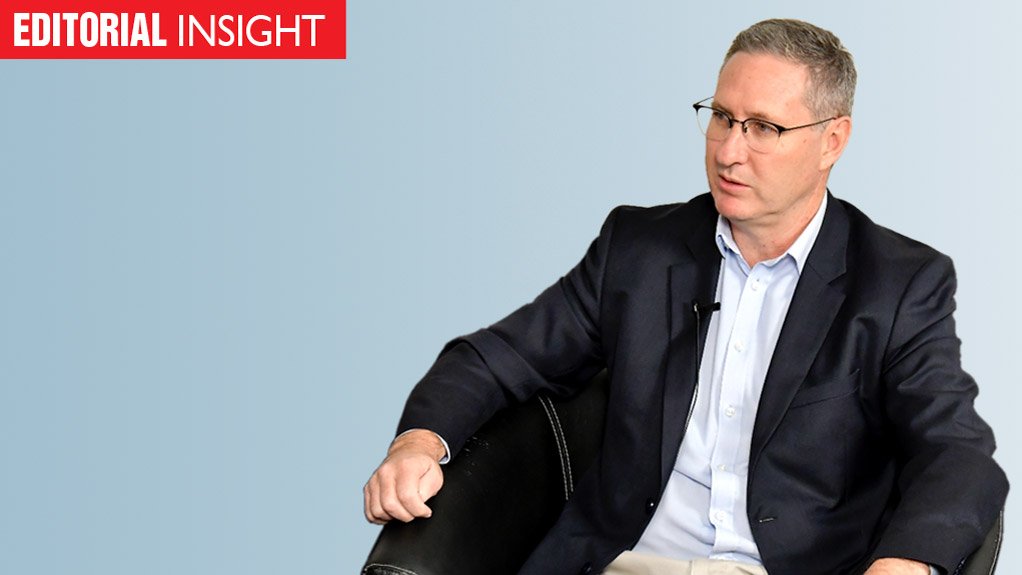Any rational observer of the South African condition will probably have grudgingly come to accept that it’s going to take a significant amount of time to turn around the performance of not only the economy but also those public entities that still play an oversized role in shaping the country’s economic performance.
In far too many cases, the capacity of these entities to deliver in line with their mission statements has been all but decimated.
In addition, the very necessary act of cleaning up has itself become a source of instability, suspicion and division.
As Consulting Engineers South Africa president Sugen Pillay noted in his yearly media briefing last week, even the auditor-general’s crucial campaign to clean up public audits is having “unintended consequences” for service and infrastructure delivery.
With departmental and municipal officials at last being held personally liable for bad and corrupt procurement decisions, there is a growing reluctance, Pillay narrated, to make any decisions at all.
“These officials would rather err on the side of caution, in order to avoid falling foul of any regulations, despite the fact that the regulations limit consequences to instances of gross incompetence and corruption.”
The net effect is a “paralysis in decision-making, particularly decisions affecting the roll-out of infrastructure”.
A similar scenario is being played out across several economically important State-owned companies, where the very necessary act of cleaning up is, at best, negatively affecting morale and, in the worst instances, fuelling active and toxic defiance.
In a number of cases, cooperation is being crowded out by fear and loathing and the rebuilding of institutional capacity is stalling.
Adding insult to injury is the fact that some of those most responsible for the decimation of capacity are openly championing efforts designed to undermine the clean-up.
As a consequence, the performance of many public entities appears, from the outside at least, to be deteriorating rather than improving.
Even the most rational of citizens have, thus, become deeply frustrated at the slow pace of change and improvement and cynical eyebrows are raised every time they hear that 2020 will be the year of “implementation, implementation and implementation”.
As eluded to at the top of this article, there are unfortunately no simple remedies or silver bullets. Rebuilding capacity and restoring institutional credibility are painstaking work.
That said, there are a few quick wins to be had, which could go some way to lifting the mood.
The most obvious of these lies in the critical area of electricity.
Literally, with a few strokes of a pen, Mineral Resources and Energy Minister Gwede Mantashe could unlock billions of rands of much-needed investment in both small- and utility-scale generation projects.
Given that electricity resides right near the very top of the consciousness of most South Africans, any positive developments in this sector – quick wins – could have disproportionately positive spillover effects in many, many others.
EMAIL THIS ARTICLE SAVE THIS ARTICLE ARTICLE ENQUIRY
To subscribe email subscriptions@creamermedia.co.za or click here
To advertise email advertising@creamermedia.co.za or click here











